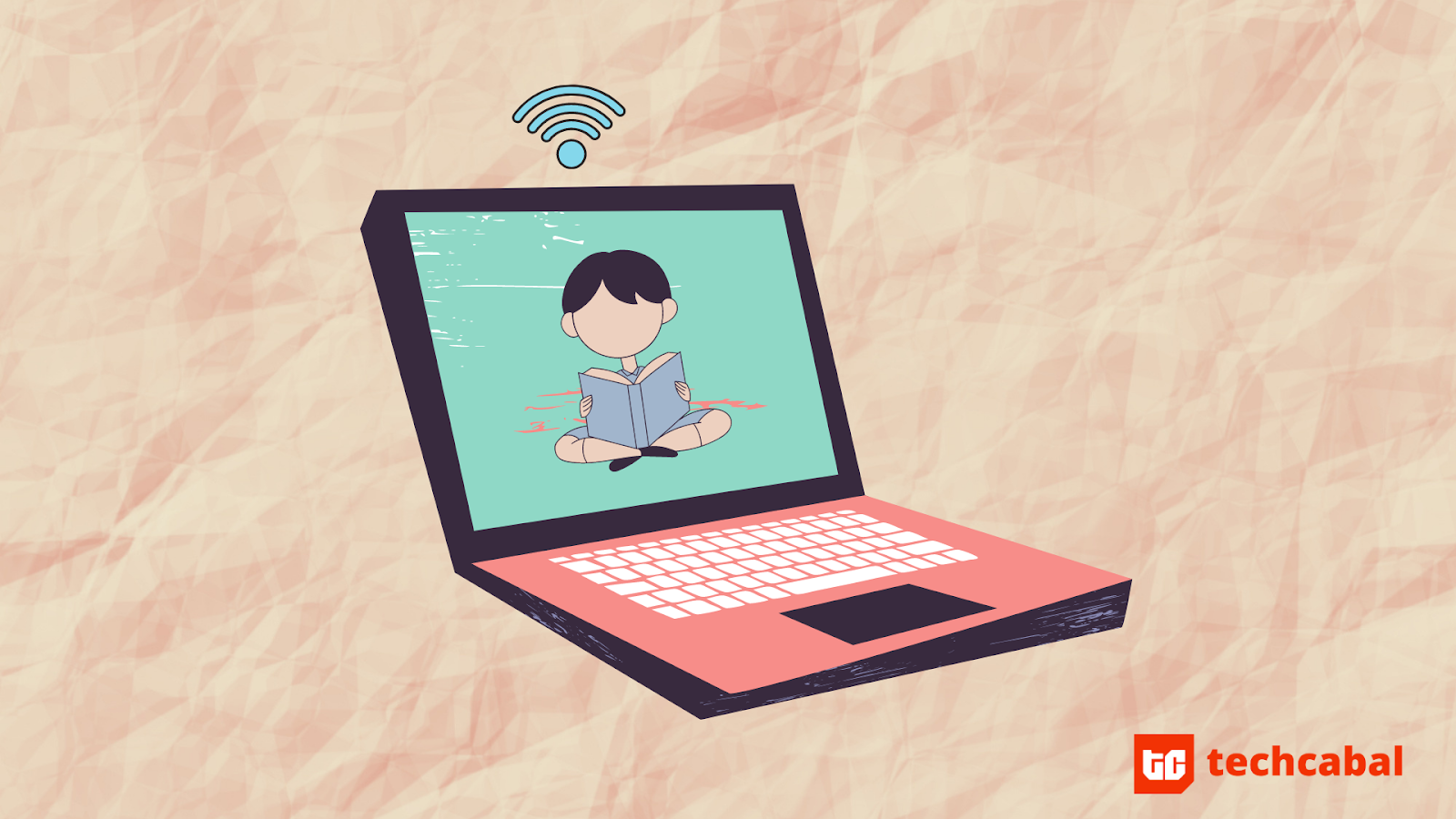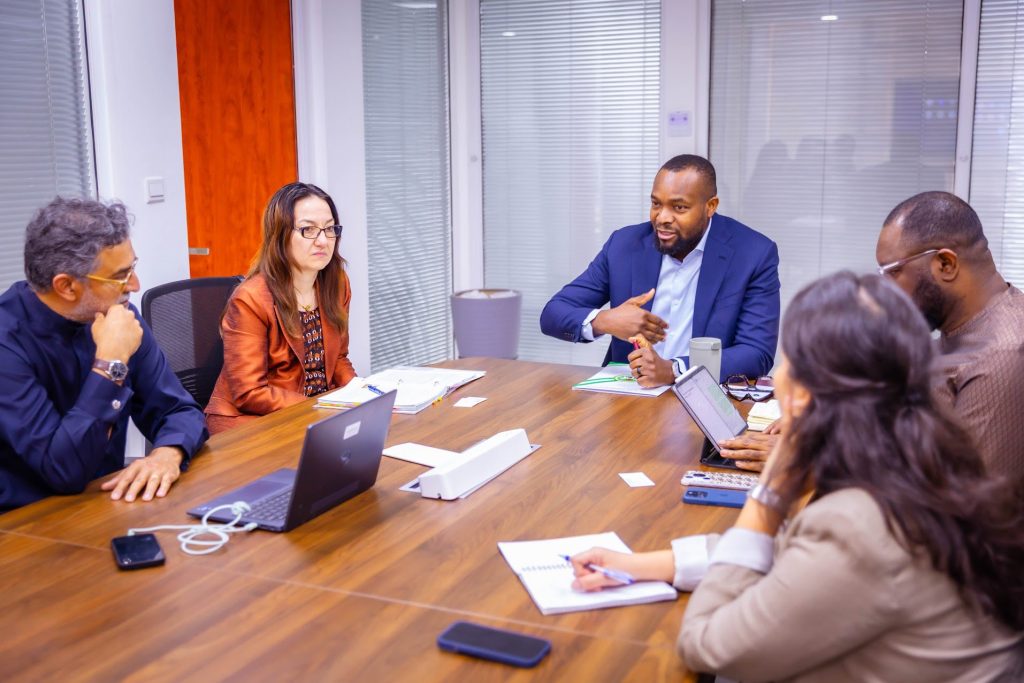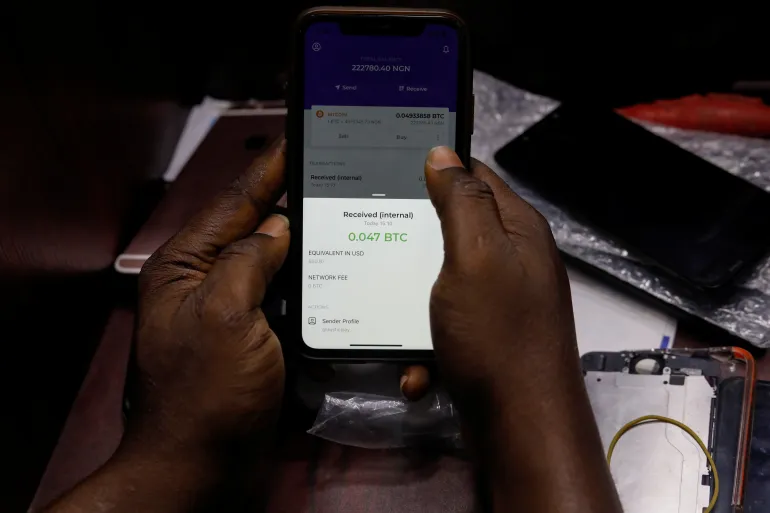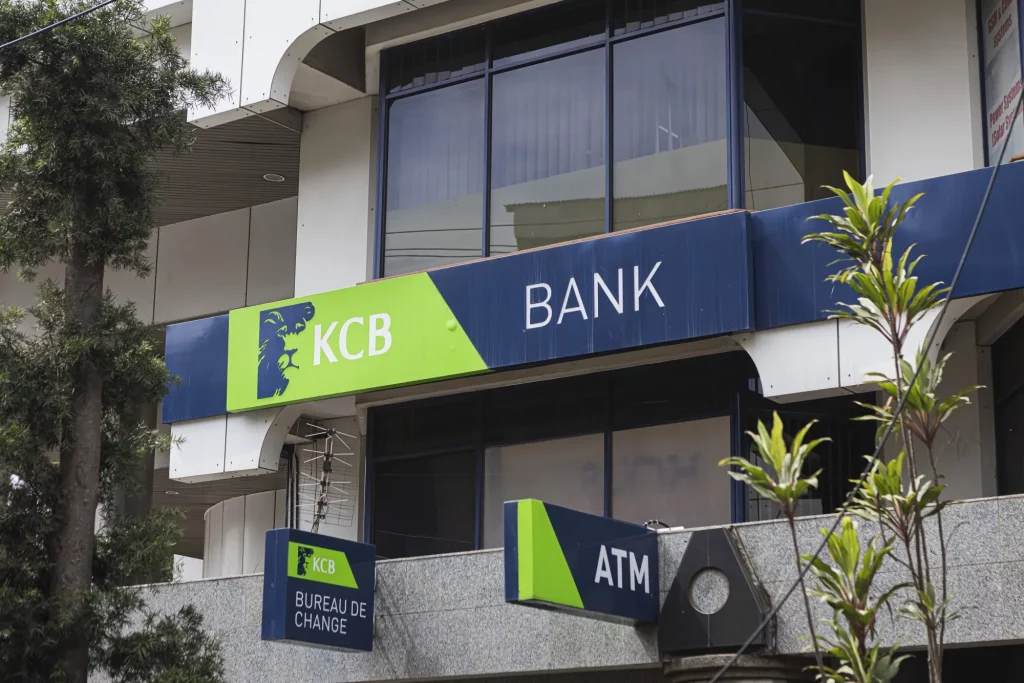Receiving a late-night call from a parent of a child in your school could be terrifying for a teacher.
When Chioma’s mum called to speak to her teacher at 9 pm, it wasn’t to complain as one would expect. It was to express her gratitude. Chioma had struggled to assimilate in class because she was partially hearing impaired, but that night she pronounced Apple for the first time. She had recently started using an edtech product recommended by the teacher.
In many ways, 2020 was the year of edtech. Many schools had to adopt some form of technology to continue educating their students in the wake of the pandemic.
Holon IQ, a research firm, reported that global edtech ventures received $16.1bn in VC money in 2020.
It was a record year for the industry and a seismic change in fortunes. VCs spent $500m on edtech in 2010, this number became $8.2bn in 2018 and then $7bn in 2019.
While a huge chunk of this funding was done outside Africa, the continent wasn’t left out. According to Partech Africa’s 2020 funding report, at least 39 African edtech companies received funding last year.
This increase in interest piqued my curiosity. To get a sense of how African edtech platforms responded to the growing demand for their products, I spoke to four of them.
Too much hype?
“Obviously, sales slowed down so I don’t think some of the hype people are making is accurate.”
Chizaram Ucheaga, Head, Corporate Strategy & Operations at Mavis Computel, is quick to downplay the hype around edtech and point out that a project they were working on was delayed due to the pandemic.
Mavis Computel is tackling the problem of education in Nigeria by using interactive education technology. Its patented product is a book and a “talking pen”.
The Mavis Book is specially printed with unique dot patterns and colourful pictures. It works with the Mavis Pen, which is a digital pen with audio capabilities.
When the tip of the Mavis Pen is tapped on the text or pictures on the Mavis Book, the Mavis Pen plays out the corresponding audio stored in it.
In a world where many ideas are turned into apps, Ucheaga asks me to think of the talking pen as a phone and the books as the apps.

The talking pen, which costs ₦39,000 ($102), can store up to one hundred Mavis Book programs. It’s purchased once and then can be used on any of the Mavis books — at the moment only 50 Mavis books have been created.
During the pandemic, there was an uptick in purchases from parents and NGOs, as it helps with complying with the social distancing rules by not needing any support from another person to use it.
But this increase wasn’t significant as Mavis products are mostly used for intervention schemes in partnership with non-profit organisations. As such, 95% of sales come from such projects, while 5% come from direct retail sales.
Beyond helping the students, Ucheaga said Mavis Computel products also make teaching easier for the teachers.
“A good teacher can’t be in more than one class per time. You can’t clone a good teacher, but with technology, you can,” he said.
Originally an offline company, the pandemic has pushed Mavis Computel to start building its own online learning platform.
The company has raised over $350,000 from co-founders, friends, and grants from donor agencies like the Foreign, Commonwealth and Development Office (FCDO), and the US Embassy.
In the coming year, it is hoping to continue its projects as the world opens up as well as get more impact funding to scale its line of products and built out its online platform.
We’re not planning to replace going to school
uLesson’s content was originally tailored for K-12 students in Nigeria, Ghana, Sierra Leone, Liberia, and The Gambia.
Having made significant progress in West Africa, the edtech platform founded by former Konga CEO, Sim Shagaya, is looking to expand to eastern and southern Africa this year.
uLesson’s VP, Sales and Marketing, Tayo Sowole, told me over a call that when the company launched in 2019, the sales team had the job of doing the convincing potential users.
A few months after the pandemic struck, the job became easier as parents, the key drivers of uLesson’s adoption, wanted their kids to use their products.
uLesson operates a freemium model where people download the app, take a few lessons, then are nudged to upgrade to a paid version.
It costs less than $10 a month to access uLesson’s content online and get a dongle that contains app contents, including the video lessons & quizzes to enable users to access them offline.
The increase in demand during the pandemic came primarily from countries like The Gambia, Ghana, Sierra Leone.
“We thought about opening it up to those markets as well, especially when you consider that at the senior secondary school level, the curriculum is just about the same across West Africa. We take a unified senior school certificate exam. It was easy to extend the product to those people in those countries as well.” Sowole said.
The company also received requests from anglophone countries across Africa.
“We don’t take unified exams, but when you think about a kid learning physics. Physics is physics, regardless of whatever language he is taught. It’s definitely not farfetched that we’re looking to expand into those markets, this year as well.” he said.
uLesson’s app currently runs on only android and windows devices because in this part of the world those devices are more popular and affordable.
As uLesson expands in terms of the countries it serves virtually, it is also expanding offline by partnering with schools.
From pre-installing its app on a school’s computer devices to giving its students discounts.
Students of schools who partner with uLesson are able to constantly refer to uLesson’s content during classes or while revising outside school hours.
Schools buy licenses to access uLesson’s growing library of content and those that buy a large amount get a 20-25% discount.
I asked Sowole if the plan is to eventually replace schools and he replied “We think it’s counterproductive for people to stop going to school because they use uLesson. We’d rather people think of our product as a complement to attending school.”
We’re not going back offline
EYouth couldn’t have asked for a better year. The edtech enterprise based in Egypt offers educational solutions in entrepreneurship, career development, and personal skills.
Founded in 2016, EYouth hosted its sessions offline. When the pandemic struck, it started working on building an online learning platform.
Before the pandemic, it was training 2,000 people per month, but during it, that number jumped to 10,000 people per month, and now after adding more services and features it has 25,000 paying users every month.
“COVID was very good for us” Mustafa Abd Ellatif, EYouth’s CEO told me over a call. The company now has over 200 employees spread across its five offices within and outside Egypt.
“We’ve moved to only online now. I don’t think we’d go back to doing business offline.” Abd Ellatif said.
The company’s growth in 2020 attracted investors. Last year, they got a E£3m ($192,000) investment to build their online program and this turned out to be a huge success.
The company is currently fundraising a $3.5m pre-series A round to expand outside Egpyt. The plan is to reach the Middle East as its programs are mainly in Arabic.
After 2022, it will consider expanding to neighbouring African countries.
I asked Abd Ellatif about the impact of EYouth.
“We had 230,000 participants throughout the last year, out of which we helped start 1,400 startups and 8,900 people got hired,” he said.
We’ve always been online and plan to stay this way
Not every edtech company is a for-profit company and Right For Education (R:Ed) is one of those.
In a conversation with Imme Dattenberg-Doyle, R:Ed’s leader, she told me that they were always exclusively digital so they’ve been less affected by the pandemic.
Running a model similar to Wikipedia’s, R:Ed creates content for an African audience mostly via contributors.
To keep the contributions coming, it has partnered with two universities in Ghana and leverages its large social network following (6.7 million on Facebook).
Beyond these, it has also partnered with media outlets like Sky Alpha Radio in Lesotho where it now has the rights to the education breakfast show. It hosts a show on Crystal TV, Ghana’s first private TV station. It has a content-sharing partnership with the Wikimedia foundation.
“Our content covers a range of subjects from an Afrocentric perspective. Whether you’re looking for information on business, technology, finance, history, law, governance or any other part of life in Africa, Right for Education has something for you,” Dattenberg-Doyle said.
When the pandemic struck, the company had to make two changes: re-engineer its content to work for radio and TV audiences, and also expand its target audience from young adults to kids.
“We created a kids education show, it was something we did in response to kids not being able to attend school. It’s a STEM show where we teach concepts like water retention, electricity, and then show the practical aspect of these concepts. Kids are encouraged to create using everyday objects like elastic bands, water bottles for these experiments. Putting the theories they’ve learnt to work.”
Incorporated in Ghana and Ireland, R:Ed is privately funded and it’s concerned about forming partnerships with other companies.
Looking forward, Dattenberg-Doyle’s major concern is the ambition of potential partners.
“The current situation is not ideal, as people are still reluctant to think big, the way we do. We’ve thrown more time and effort into products. Other companies are shielding themselves from incurring costs. Obviously, it impacts the ability to work with people.”
R:Ed is aware that amidst all the talk about shiny new edtech platforms, efforts by African countries like Kenya and Nigeria to broadcast lessons via radio during the pandemic is a reminder that it probably has the most effective tool for schooling K-12 in Africa.
2020 wasn’t one smooth ride for all African edtech companies, the increase in interest didn’t make all the existing challenges disappear but it sure was proof that edtech is here to stay.















